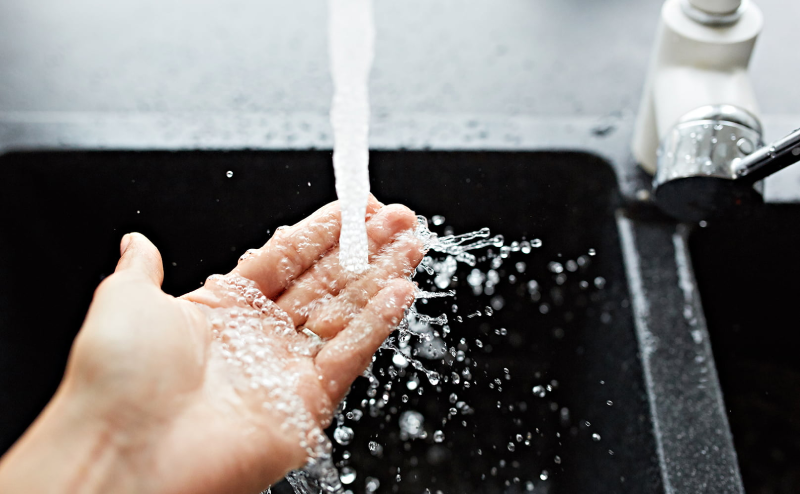What does the term “water softener” mean? Water softener systems (sometimes referred to as “water softner systems”) were created to address the issues associated with hard water. To determine whether you have hard water problems, look for signs such as discoloured dishes, a ring around the edge of the tub, discoloured clothes, and even scale buildup within the coffee maker. If this is the case, purchasing a water softener may be a wise decision.
To make things more difficult, hard water may make it more difficult to wash dishes, clothing, skin, and hair. According to the US Geological Survey, hard water is an issue in 85{be53079a2dce185a5edd3130545529b0c348329876dd6674c797998e5a9b645f} of American houses.
Problems with Hardness in the Water
Aquifers and other subterranean sources acquire dissolved minerals from rock, such as calcium carbonate, magnesium carbonate, and manganese, which are the main causes of hardness. Hard water originates in these locations. As a whole, the water’s “hardness” is referred to because of the presence of these minerals.
What is the definition of “hard water”?
Over one grain per gallon of dissolved hardness minerals is what is meant by the phrase (GPG). Water with a GPG of 3.5 or below is considered “soft” in practical terms. Hard water has a GPG content of at least 10.5 percent. In the middle of these two extremes, you’ll find most people’s hard water.
Due to the presence of hard water
As opposed to possible health problems, one should focus on the high potential expenses of hard water. The majority of hard water issues are found when your home’s plumbing or a water-dependent item breaks down. Hard water minerals that are dissolved may crystallise and re-crystallize when heated. Scale, which may block pipes and reduce water flow, is the result of this process. Scale and lime deposits may also lead to appliance malfunctions. These deposits may be seen in water-heating appliances like dishwashers and coffee machines.
Scale may also build up within water heaters, putting them at risk of malfunction. A New Mexico State University research commissioned by the Water Quality Research Council found that hard water scale may reduce water heater efficiency by up to 30{be53079a2dce185a5edd3130545529b0c348329876dd6674c797998e5a9b645f}.
Hardness Level and Water Treatment Methods
Aside from ion exchange or “cation exchange” water softeners, a few additional methods may be used. We’ll go into more detail about each of these things in a minute.
Salt-based ion exchange softener
Hard water in a home may be softened with a water softener like this, which has two tanks: one with resin beads and the other with brine. When hard water is softened, minerals like calcium, magnesium, and iron are removed and replaced with sodium (salt). An ion is transferred in this procedure. Water softeners are explained in detail here: “How Water Softeners Work.”
Water Softener without Salt
The regeneration process in salt-free water softeners uses potassium chloride instead of sodium. People who are worried about their salt consumption will benefit the most from devices like this one. A descaler, rather than a softener, prevents the minerals in hard water from building up as scale on the surfaces of water-using appliances and pipelines.






